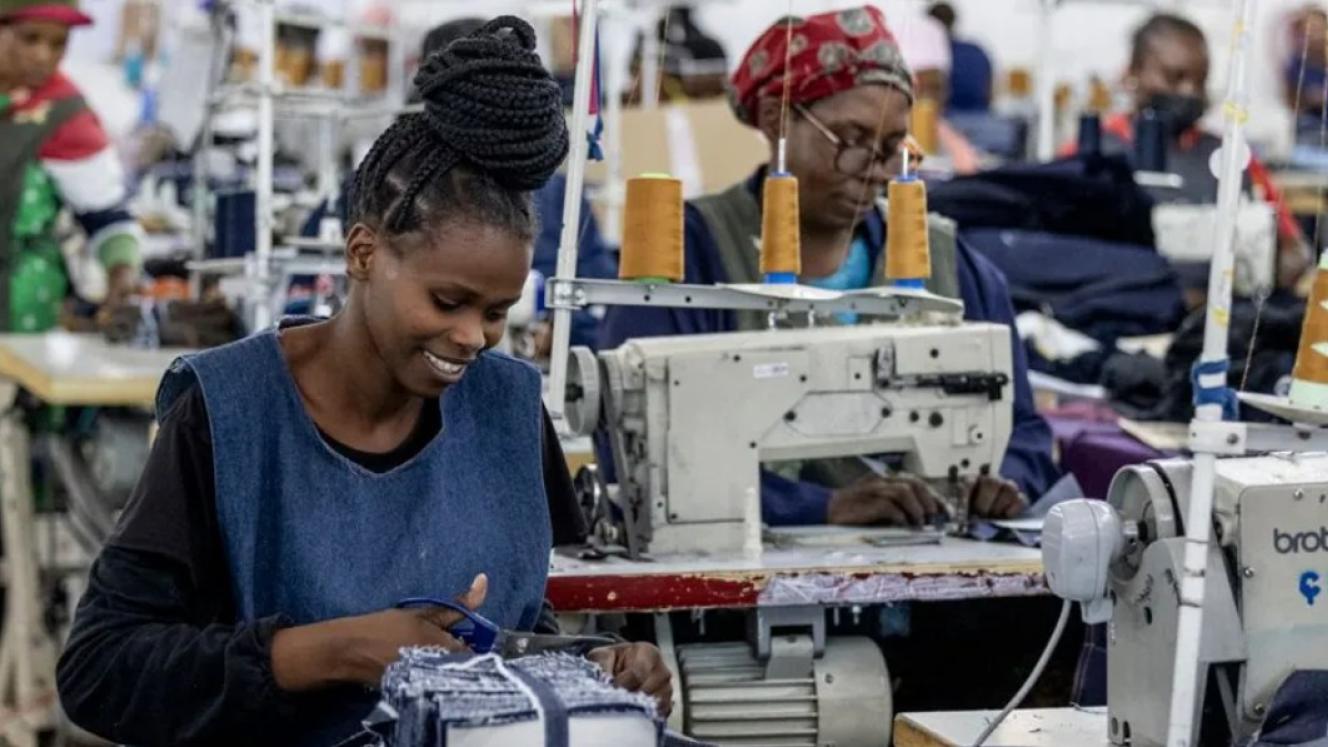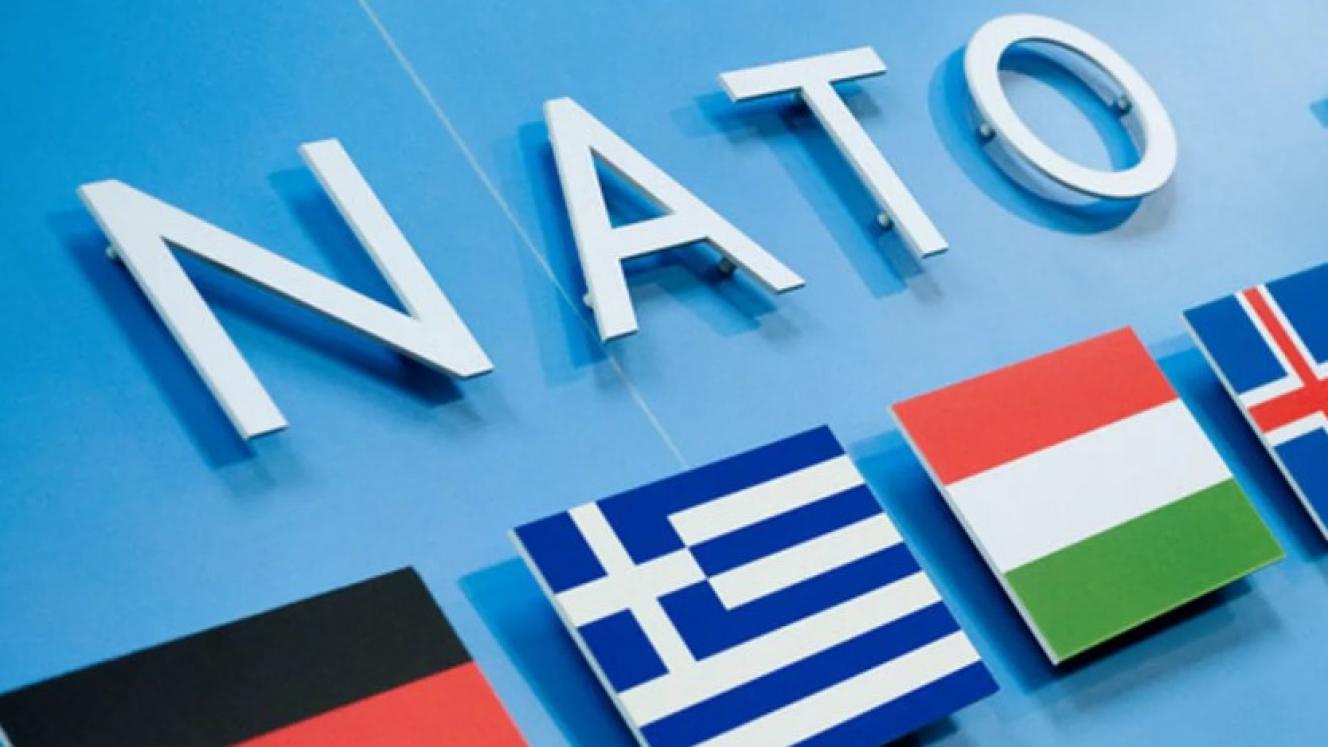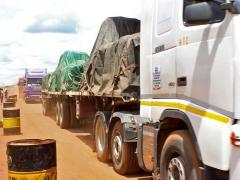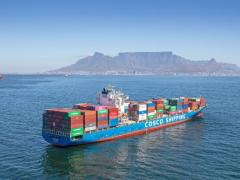Lesotho is facing a severe downturn following the imposition of a 50% tariff on its exports to the United States, marking the highest tariff levied on any country by the Trump Administration.
The mountain kingdom relied on preferential trade access to the US market under the African Growth and Opportunity Act (Agoa), an arrangement that’s critical to Lesotho’s economic development.
The landlocked country’s textile and apparel sector especially, responsible for employing tens of thousands of workers, finds itself in dire straits because of American tariff pressure.
The sector accounts for the majority of Lesotho’s exports to the US, representing approximately $237 million in trade last year – more than 10% of the country’s gross domestic product.
The sudden imposition of a 50% tariff has led to a sharp decline in orders from major American brands such as Levi’s and Wrangler.
Factories have begun shutting down production lines, putting at risk the livelihoods of between 12 000 and 40 000 workers directly employed in the sector.
The government warns that tariffs could trigger widespread job losses and economic instability.
The loss of preferential access threatens to reduce foreign exchange earnings significantly, which could have wider repercussions across Lesotho’s fragile economy. Local businesses and property owners who depend on the spending power of textile workers are expected to feel the knock-on effects.
In addition to tariffs, cuts to US foreign aid have compounded the country’s challenges, affecting vital health and development programmes.
The Minister of Trade, Industry, and Business Development in Lesotho, Mokhethi Shelile, has described the tariffs as a “potential death blow” to the nation’s economy.
Efforts are under way to negotiate with the US government and to diversify export markets through regional trade agreements and new international partnerships.
However, economists caution that these measures are unlikely to compensate for the immediate losses.













